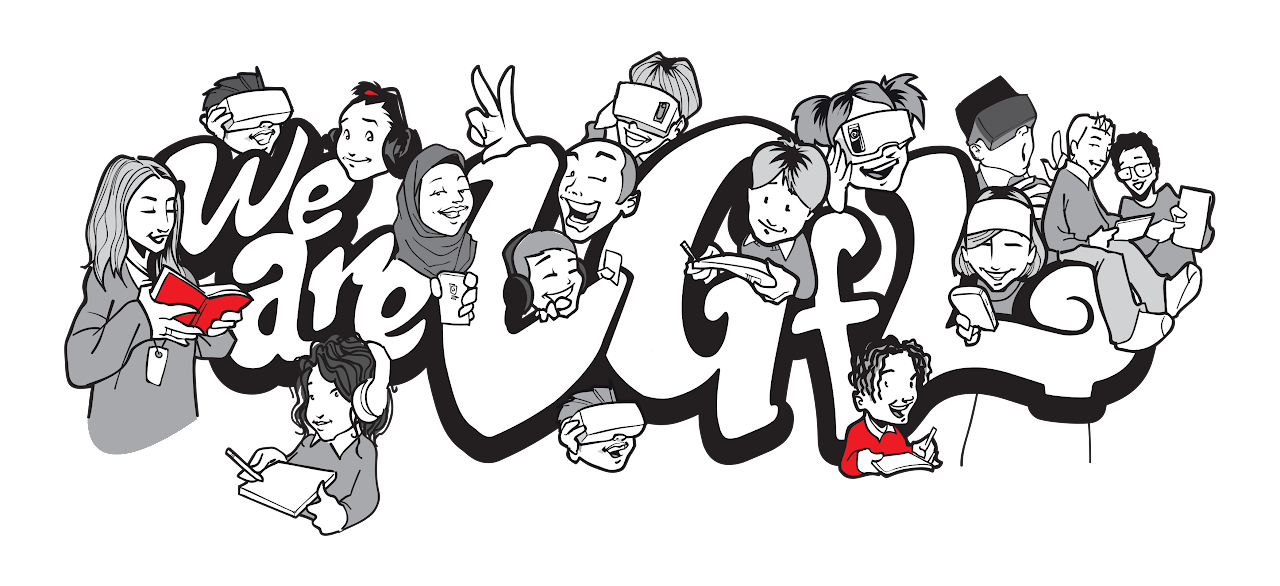Dyslexia
Dyslexic screeners
The only way that dyslexia can be formally identified is by a Diagnostic Assessment carried out by a qualified assessor.
Screening tests can be a handy tool as long as they are carried out with the understanding that they only indicate possible dyslexic difficulties. They are not a diagnosis.
There are many different screening tests. Some are delivered by computer; others must be administered by a teacher/SENCo. Some give an estimate as to whether the child/person is likely to have dyslexic difficulties. A few offer a more detailed profile of strengths and weaknesses, which help inform an appropriate teaching strategy.
Where any screening test indicates a moderate or high probability of dyslexic difficulties, the best course of action is to follow up with a full diagnostic assessment. This would determine the precise nature of dyslexia and related problems.
British Dyslexia Association screening
Screening tests are used to give an indication of an individual’s strengths and weaknesses and can help identify the likelihood of them having a specific learning difficulty (SpLD) such as dyslexia. Screening does not provide a diagnosis (for which a full diagnostic assessment would be required) but can be an accessible way of determining that a child or adult may need additional support
Lucid Rapid Screening
Lucid Rapid Dyslexia Screening is a 15-minute, quick screening for dyslexia in the 4- to 15-year-old age range.
Based on research from Hull University, Rapid is a solution for quick group/class screening for dyslexia in pupils aged 4 to 15.
It comprises of three enjoyable and non-threatening tests that are sensitive cognitive indicators of dyslexia and cover phonological skills, working memory, and phonic decoding:
Phonological processing (4 - 15 years)
Working memory (4 - 15 Years)
Depending on age, the third subtest is either:
Visual-verbal integration memory (4 - 7 years)
or
Phonic decoding skills (8 - 15 years)

